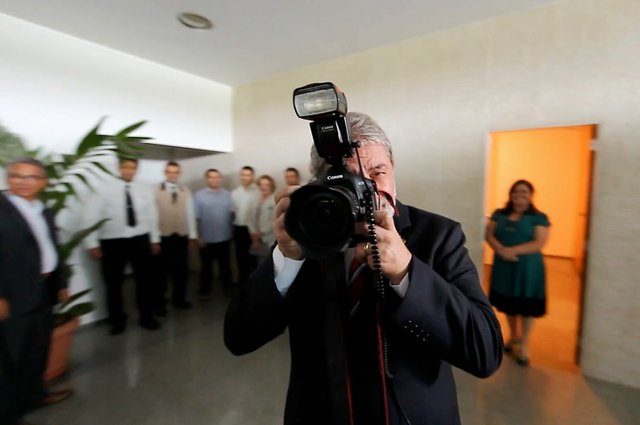The Edge of Democracy
Director/ Petra Costa
Watched on Amazon
Rating 3.5/5
The title of this film is misleading. Brazil isn’t so much on the edge of democracy as the edge of totalitarianism, or better yet, wandering in the abyss of democracy’s wreckage. With the vulgar nativist and racist Jair Bolsonaro (remind you of anyone?) having slipped into the presidency during a judicial coup, even though he was spectacularly less popular than the former president, Luiz Inácio Lula da Silva (Lula), the country is in the throes of an astonishing decline from its progressive heights of the 2000s, which saw Lula win two terms and then handpick a successor, Dilma Rousseff, only for him to be incarcerated on questionable charges, and her to be impeached under flimsy pretenses.
Petra Costa’s comprehensive documentary covers the last 20 years of Brazil’s politics with clarity and personal insight. She is the child of radicals who fought for years for Lula’s victory, only to see the nation’s new democracy ransacked by greed, corruption, lies, and extremist propaganda, aided by oil companies, oligarchs and religious fundamentalists. Yes, it is all too close to home for American audiences, which is why we need to see the film. If nothing else, it will help us understand how easy it is for depraved characters like Bolsonaro and Trump to exploit a nation’s weakness or distractions and then, with the help of bottomlessly corrupt politicians and an easily duped section of the public, flip the switch on democracy from light to dark.
That is the most compelling reason to see Costa’s film. The writer and director of 2012’s diary-like Elena (about a sister’s suicide) can be both a poignant and pointed guide, but she stumbles in attempts to blend the personal with the political. Her family’s story at first promises to be a rich element in the film, but it remains underdeveloped, with only a few snatches of contemporary observation from her mother, and then only a quick glimpse of her father (I think) on a New York street. He is surprisingly absent from the film, as are all of the other family members Costa mentions in passing who are aligned with the government’s corrupt right wing.
Another issue is the modulation of Costa’s narrative voice, which seems fixed in a register of resigned sorrow. Granted, the situation is dire, but it’s the same quality she brought to her narration in Elena; a kind of nonstop mournfulness that, while pertinent to the themes, eventually becomes difficult to endure. In this film there are more passages in which she lets the action do the talking, and these sections are the most harrowing in the movie.
Costa is still finding her footing as a filmmaker. While her attempt to bring this story to a worldwide audience is admirable and necessary, there seems to be so much more information to uncover than she was able to access. And she never truly reckons with her feelings about both Lulu and Dilma’s possible complicity with the entrenched political corruption that proved to be their downfall. She leaves many questions unanswered.
But in spite of these drawbacks, The Edge of Democracy offers a first-hand glimpse into how a modern-day dictator can take a democracy by surprise. Costa’s approach may need some polish, but her perspective is chilling.

